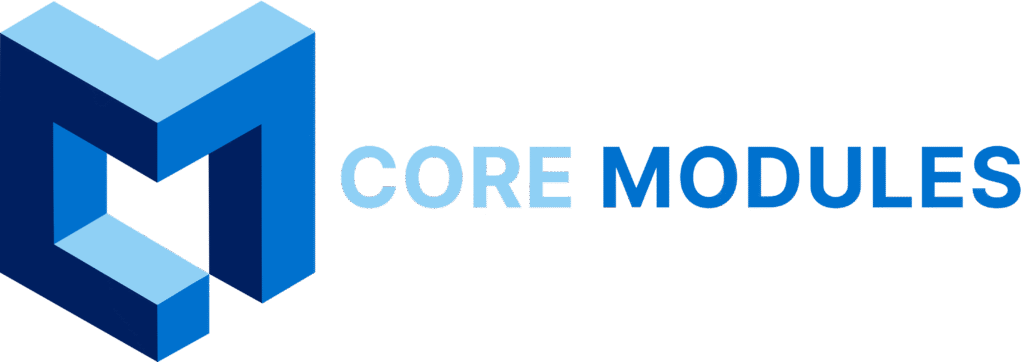Software Development in the Indian Plastics Manufacturing Sector
Industry overview
India’s plastics manufacturing sector is a critical component of the broader industrial landscape, contributing over ₹3 lakh crore annually to the economy and employing more than 4 million people. Yet many mid-sized manufacturers in the space still rely on manual processes or outdated software to manage procurement, production, inventory & delivery, leading to inefficiencies, waste & missed opportunities for scaling. This case study details how a mid-sized plastics injection molding company in Gujarat partnered with a software development team to build a custom ERP and production planning system. The results included a 25% improvement in production scheduling efficiency, a 30% reduction in stockouts, & measurable ROI within 10 months.
Challenges Faced
The GujPlast had been operating for over a decade using a mix of Excel sheets, Tally for accounting, & standalone third-party software for basic inventory management. As the company scaled operations, multiple operational inefficiencies emerged:
● Unpredictable stockouts: Frequent raw material shortages disrupted the production
● Manual production scheduling: The floor supervisors used whiteboards and verbal communication for planning shifts.
● Zero traceability: An inability to trace defective batches back to specific machines or shifts.
● Lack of real-time reporting: Some delays in production and sales data prevented timely decision-making.
● Duplicate data entry: High overhead due to entering the same data in multiple disconnected systems.
Solution: A Custom ERP with Integrated Production Planning Module
Key Objectives:
-
- Automate and streamline production scheduling.
-
- Integrate inventory management with demand forecasting.
-
- Provide real-time dashboards and KPI monitoring.
-
- Replace manual processes with digital workflows across departments.
-
- Enable batch traceability and compliance-ready reporting.
Tech Stack & Architecture
● Frontend: ReactJS
● Backend: Node.js with Express
● Database: PostgreSQL, MongoDB
● Middleware/API Layer: GraphQL for data queries across modules
● Deployment: AWS EC2+RDS with S3 for document storage
● Mobile App: Flutter-based floor assistant app for supervisors

Core Modules Developed
-
- Inventory Management System
-
- Real-time stock updates using barcode scans
-
- Auto alerts for minimum order quantities
-
- Supplier rating based on delivery timelines
-
- Production Planning & Scheduler
-
- AI-assisted shift planner based on historic job times
-
- Machine-wise Gantt chart view
-
- Dynamic reallocation based on breakdowns or absenteeism
-
- Quality Control Module
-
- Inline quality checks are integrated via tablets on the floor
-
- Automated defect classification
-
- Nonconformance reports linked to production batches
-
- Sales & Dispatch Tracking
-
- Order entry with priority tagging
-
- Dispatch scheduler with route optimization
-
- GST-compliant invoicing
-
- Reporting & Dashboards
-
- Department-wise dashboards
-
- KPIs like OEE , downtime analysis & rejection rates
-
- Predictive analytics for raw material planning
Implementation Process
Phase 1: Discovery & Mapping (Month 1)
● Conducted process mapping across 5 departments.
● Identified 78 manual workflows and redundancies.
● Interviewed 23 key personnel for pain points and ideal workflows.
Phase 2: MVP Development (Months 2 to 4)
● Built 3 core modules: Inventory, Scheduler & QC.
● Piloted on 3 machines and 1 product line.
● Feedback loop every week with production leads.
Phase 3: Full Rollout (Months 5 to 7)
● Complete rollout to all 12 machines and 3 lines.
● Staff training workshops in Gujarati and Hindi.
● Real-time mobile notifications are integrated with shift supervisor phones.
Phase 4: Optimization & Reporting (Months 8 to 10)
● Fine-tuned demand forecasting algorithm using 2 years of sales data.
● Integrated vendor delivery history into reorder logic.
● Custom dashboards for the CEO and the production manager
| Metric | Before implementation | After implementation | Improvement |
| Raw Material Stockouts (avg/month) |
6 | 2 | ↓ 66% |
| Production Scheduling Accuracy |
~70% | 93% | ↑ 23% |
| Machine Downtime (avg/day) |
3.2 hrs | 2.1 hrs | ↓ 34% |
| OEE (Overall Equipment Effectiveness) |
58% | 72% | ↑ 24% |
| Order-to-Dispatch Turnaround |
7.2 days | 5.0 days | ↓ 30% |
| Annual Cost Savings | – | ₹48.6 lakh (est.) | ROI in <10 months |
Staff Adoption & Cultural Impact
● 82% of shop floor staff reported the mobile app improved their workflow.
● The company introduced a “Digital Shift Lead” recognition award.
● Internal promotions included roles like “ERP Champion” and “Data Accuracy Officer.”
● Monthly review meetings are now dashboard-led rather than Excel-based.
Lessons Learned
-
- Start small, scale fast: Piloting the MVP on a limited line helped iron out issues before a full rollout
-
- Language localization matters: Adding Gujarati support to the mobile UI drastically improved adoption.
-
- Train the trainer works: Empowering mid-level managers to train juniors increased confidence and reduced dependency.
-
- Executive dashboards created ownership: Leadership engagement went up when they saw live data in real time
Next Steps
● Integrate IoT sensors for real-time machine data.
● Add a predictive maintenance module based on vibration and temperature logs.
● Connect ERP with the CRM system for seamless order lifecycle management.
● Build a vendor portal for direct PO management and invoicing.
Summary
This case study demonstrates how custom software development, tailored to specific operational needs, can transform a traditional plastics manufacturing business into a data-driven, scalable operation. The improvements in production planning, inventory control, and workforce empowerment led to measurable bottom-line impact and faster decision-making.
With India aiming to become a global manufacturing hub, such technology-driven initiatives are no longer optional; they are essential


